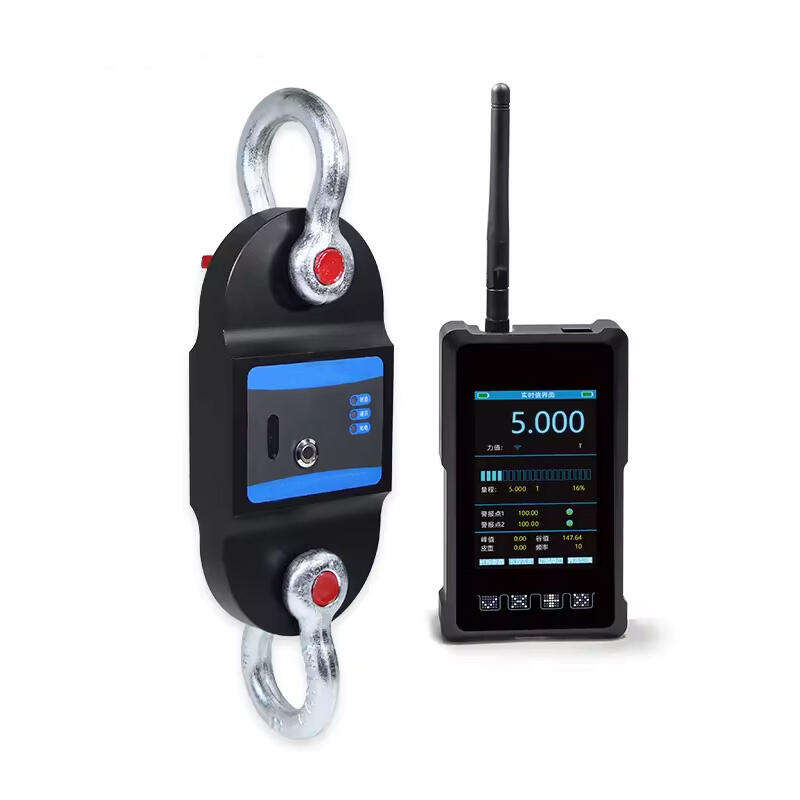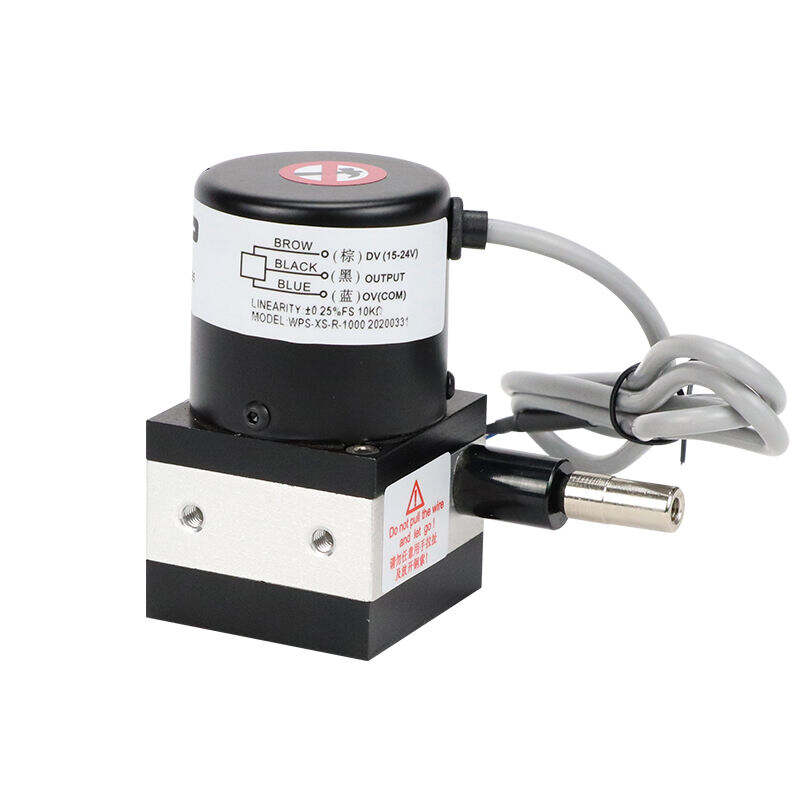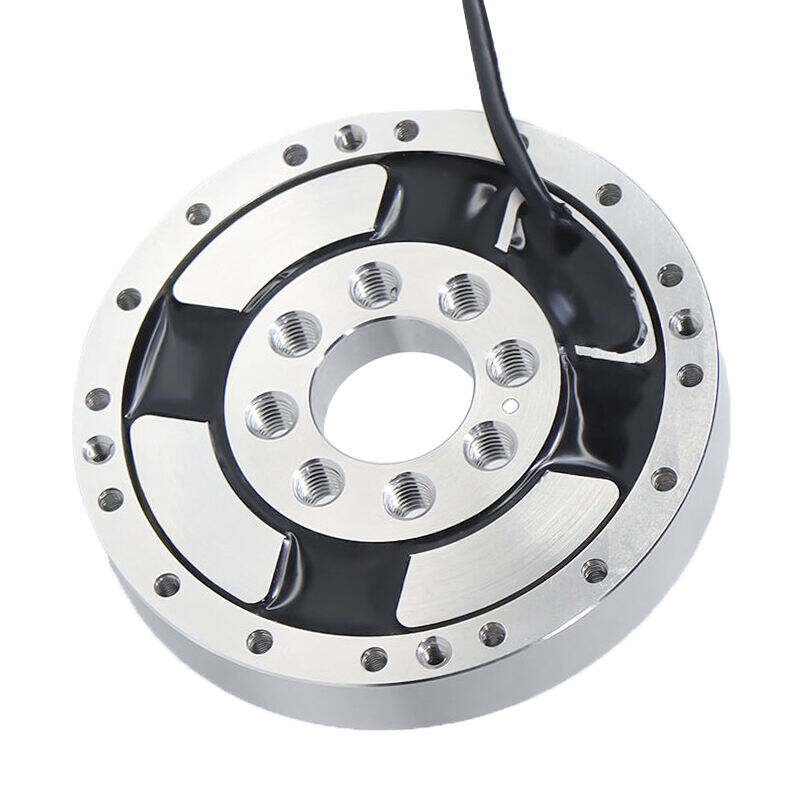Linear wire encoder
A Linear wire encoder is a sophisticated measurement device that converts linear motion into digital signals with exceptional precision. This technology utilizes a flexible wire or cable that extends and retracts from a precisely wound drum, coupled with an internal rotary encoder mechanism. As the wire moves, the drum rotation is measured by the encoder, which translates the mechanical movement into accurate digital position data. The device operates by maintaining constant tension on the wire through a spring-loaded system, ensuring reliable measurements across its full range of motion. The encoder's robust design typically incorporates high-grade stainless steel wire and durable housing materials, making it suitable for demanding industrial environments. With measurement ranges varying from a few inches to several meters, these encoders provide resolution down to micrometers, depending on the model. They excel in applications requiring continuous position feedback, such as automated machinery, robotics, and material handling systems. The encoder's output can be either incremental or absolute, offering flexibility in integration with various control systems. Modern Linear wire encoders often include advanced features like built-in signal conditioning, multiple output formats, and diagnostic capabilities to ensure optimal performance and reliability.


